Regarding Spontaneity and Spain’s 15M Mode of Being, by Pablo Ouziel
15M-inspired responses to issues/questions raised during the Institut für die Wissenschaften vom Menschen (IWM) Summer School at Burg Feistritz, Austria
Entry number three: ‘Regarding spontaneity and Spain’s 15M mode of being’
Read the first and the second parts of the writing series.
By Pablo Ouziel
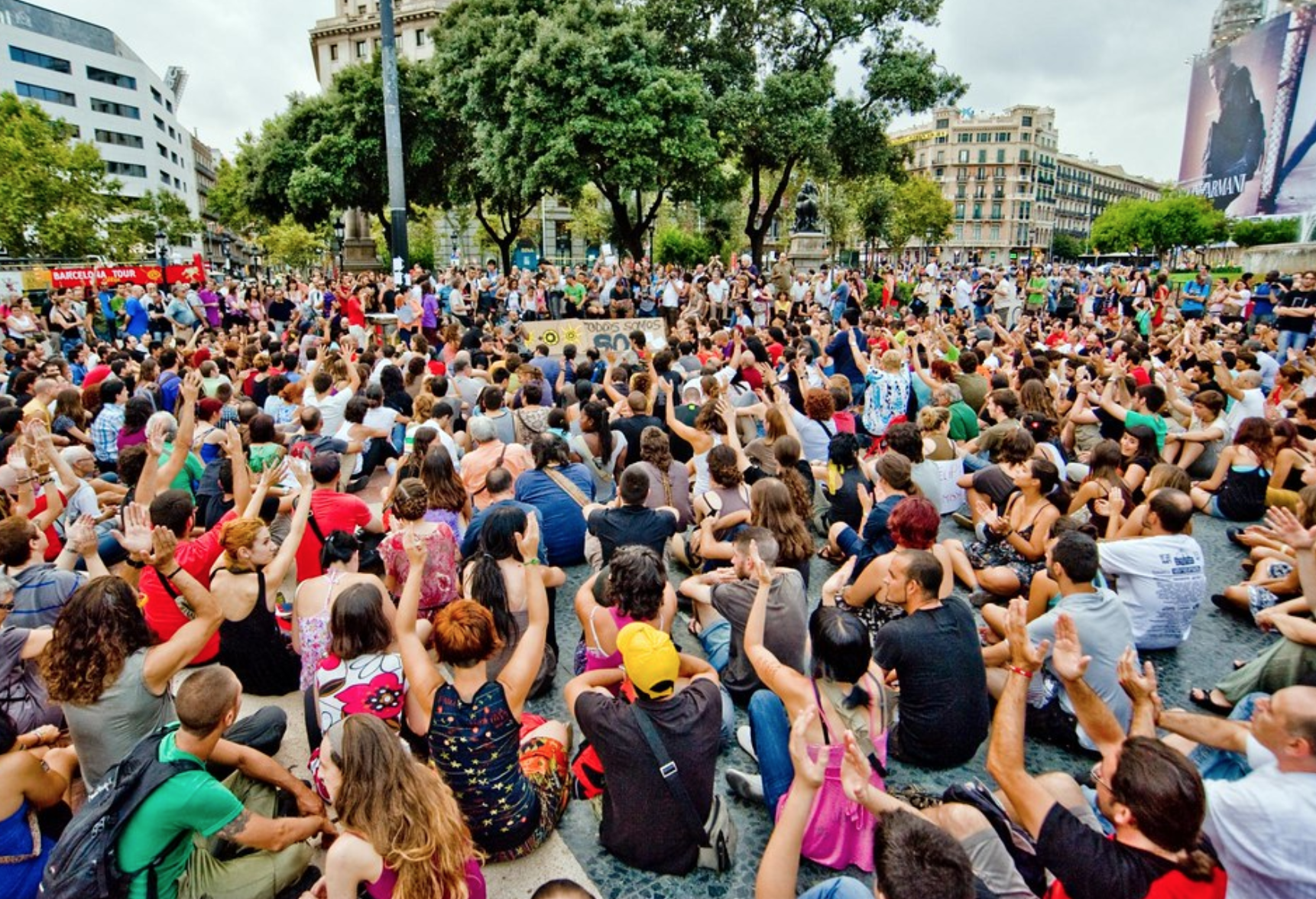
Image: “Barcelona – 15M – Asamblea” by Víctor M. Espinosa
During the days at Feistritz castle, Ivan Krastev, Chairman of the Centre for Liberal Strategies in Sofia, repeatedly referred to the wave of protests that occupied public squares across the globe in 2011 as being spontaneous. Thinking-with the findings from my research into Spain’s 15M movement, I agree with Ivan that there is a spontaneous moment in the contestation of such collective presences, when they come together. Nevertheless, I think that staying within a frame of the spontaneous nature of 15M when trying to understand the phenomenon can be misleading.
It is true that following the national DRY (Real Democracy Now!) demonstration of May 15th 2011, in the early hours of May 16th, in Madrid’s Puerta del Sol forty people decided spontaneously to camp: “Many of us did not know each other but being antagonized by police, we quickly established some bonds. Riot police eventually dispersed us and nineteen of us were actually arrested” (Interview with a person being 15M).
The following day (May 17th), 10,000 people took to the streets and encampments were set up in squares across the country in solidarity with the encampment in Madrid. Quickly, Spanish police evicted around 250 people camped in Puerta del Sol. That same afternoon, thousands of people returned to the square and Facebook and Twitter overflowed with messages emphasizing that #acampadasol continued. Across Spain, spontaneously organized encampment general assemblies decided to continue their occupations. Most of them (in over 50 cities across the country) remained until June 12th 2011, when the decision was made in the Madrid general assembly to dismantle the encampment at Puerta del Sol.
This narrative coming from those being 15M clearly speaks to the part spontaneity played in square occupations. Yet, by unearthing a multiplicity of traditions; of historical moments; historical characters; historical songs; historical languages; and historical struggles, that those being 15M themselves speak of, crystalizes the multiverse that nurtures the complex and ever-shifting collective imaginary of 15M. Individuals being 15M establish symbolic connections with disparate times and places through an exercise of historical imagination that conveys an emotional empathy with them. The perspectives on Spanish history those being 15M present in dialogue, cover the multiple pasts underlying individual interviewee’s ‘15M beingness’. This is a powerful resource for their political and ethical self-interpretation. Without implying that those that I interviewed presented one sole and continuing tradition, what they did show, is that struggles in different time periods were not just memories for them. In the narratives of those being 15M, traditions and events actually exist.
In fact, in contemporary Spain, there are still active cooperatives and a cooperative spirit that have survived and have animated generations of engaged citizens (Think of Mondragon, from the Basque country, the largest cooperative in the world). Horizontal organizations in Spain have one century and a half of living history. Grasping this reality is important when discussing collective presences like 15M. It shows the resilience of these modes of being, and crystalizes the fact that, despite their spontaneity, 15M participants possess and are motivated by the historical living memory of the disparate events those being 15M describe.
By exploring the deep roots and routes of 15M, its multifariousness flourishes. From dialogue within 15M, we see how certain events in Spanish history are interpreted by different individuals within 15M. The detailed account of various and disparate events, conflicts, and traditions from the past, suggests that these, and the particular way in which they are remembered, made 15M what it is today. This affirmation stems from those being 15M who, when asked about their histories, responded with a rich multiplicity of traditions. This shows that 15M did not appear out of thin air or with the invention of social media. 15M has deep roots (and routes) in over a century of collective practices of dissent.
About the author: Pablo Ouziel is co-founder of the Cedar Trees Institute at the University of Victoria. He is Associate Fellowship at the Centre for Global Studies at the same university and is a visiting fellow at the Universitat Pompeu Fabra in Barcelona, Spain and the University of Southampton in the United Kingdom. Pablo’s research interests include public philosophy, collective presences, horizontality, nonviolence and civic democracy. By standing within the tradition of public philosophy, the core of his work is centred on excavating networks of individuals governing themselves in numerous ways that supersede our current structures of representative government

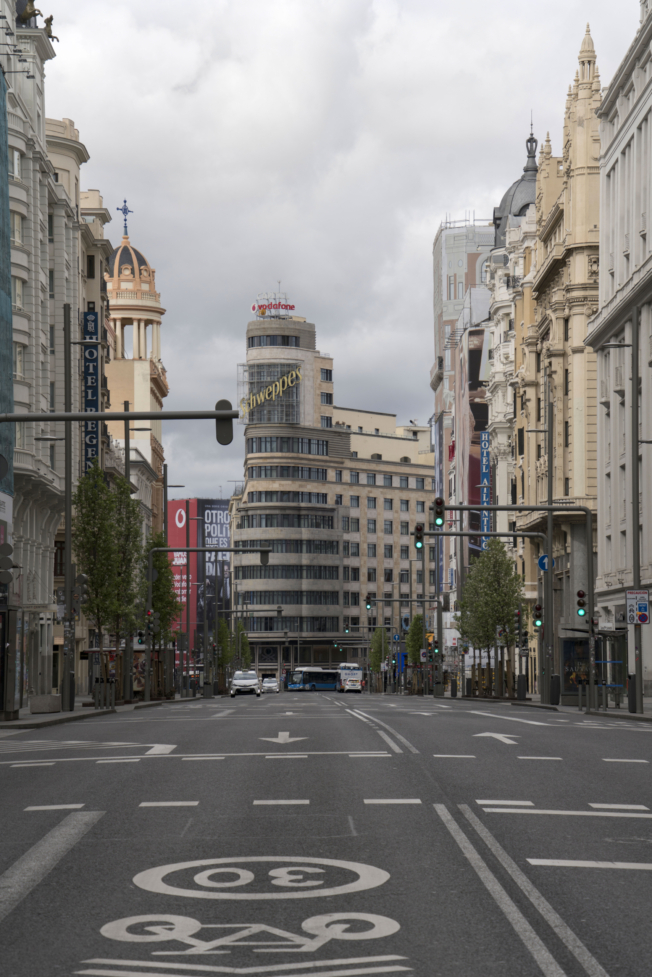
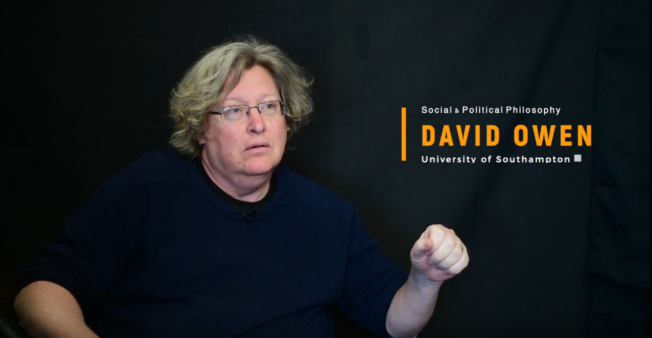
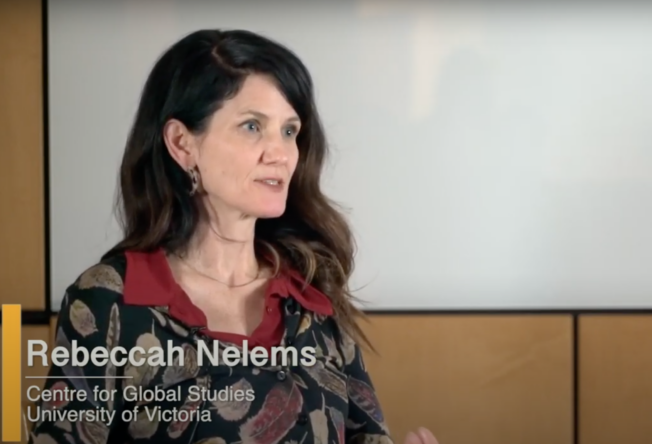
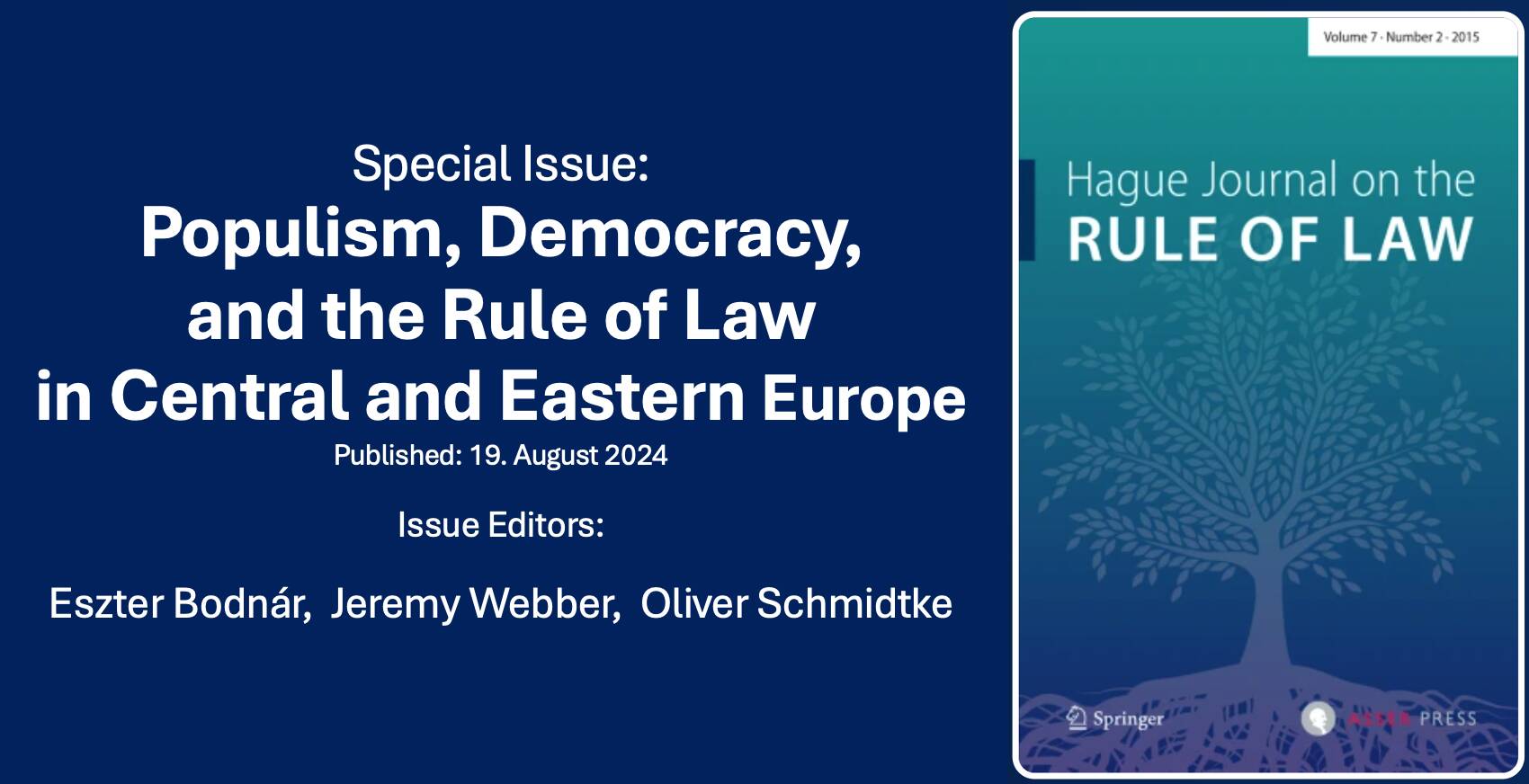


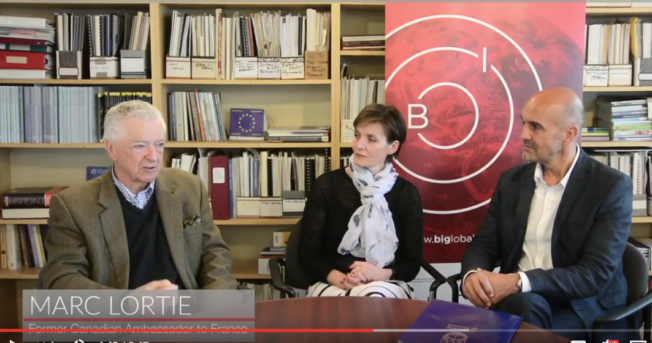
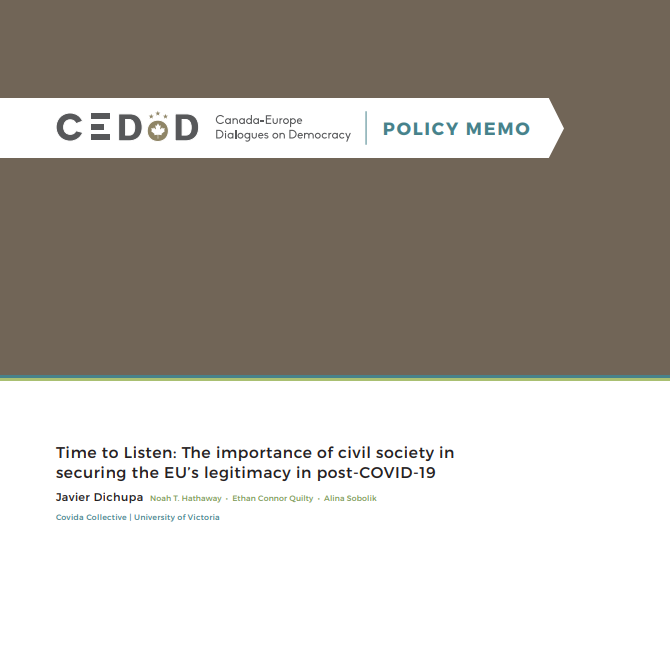


Leave a Reply
Want to join the discussion?Feel free to contribute!